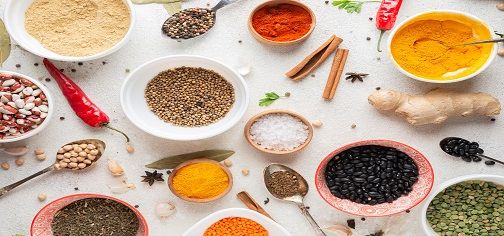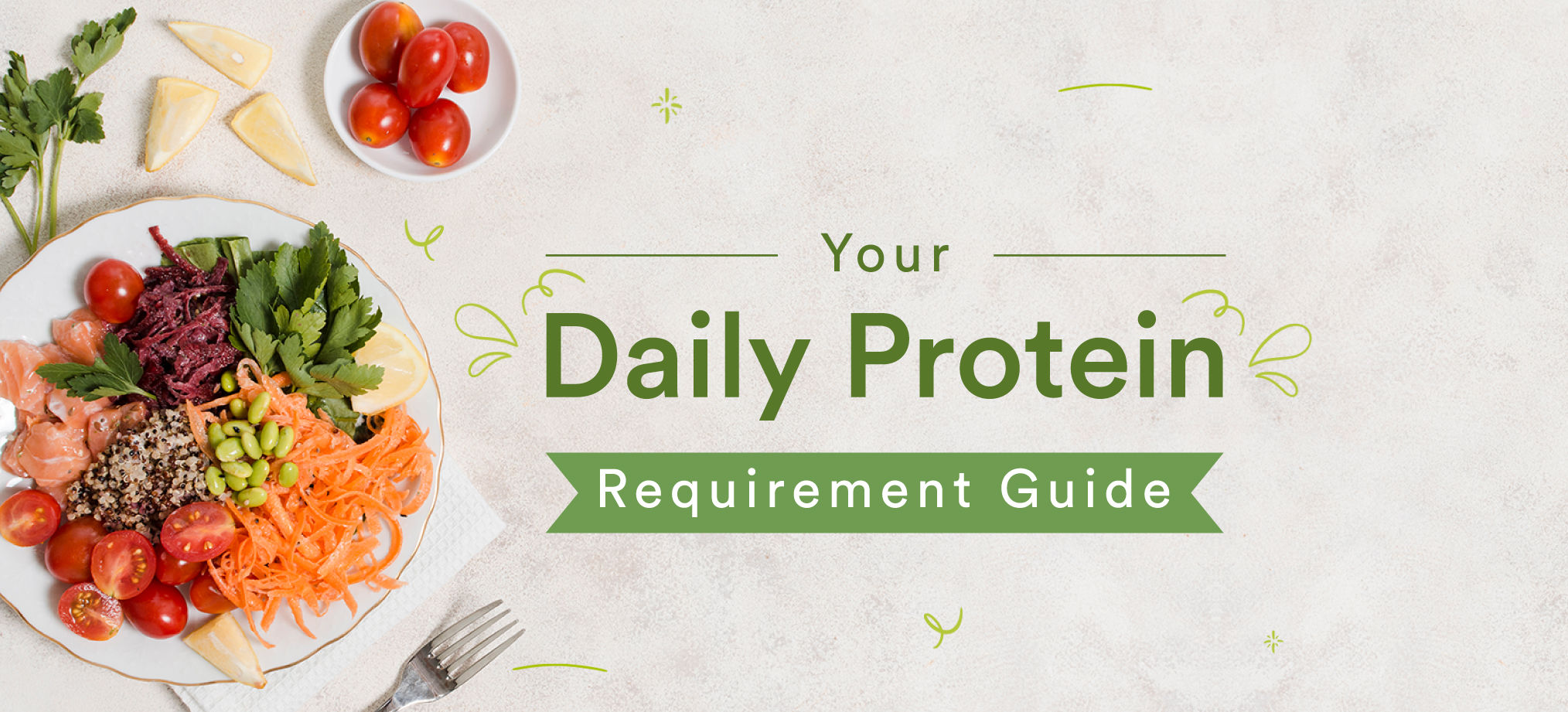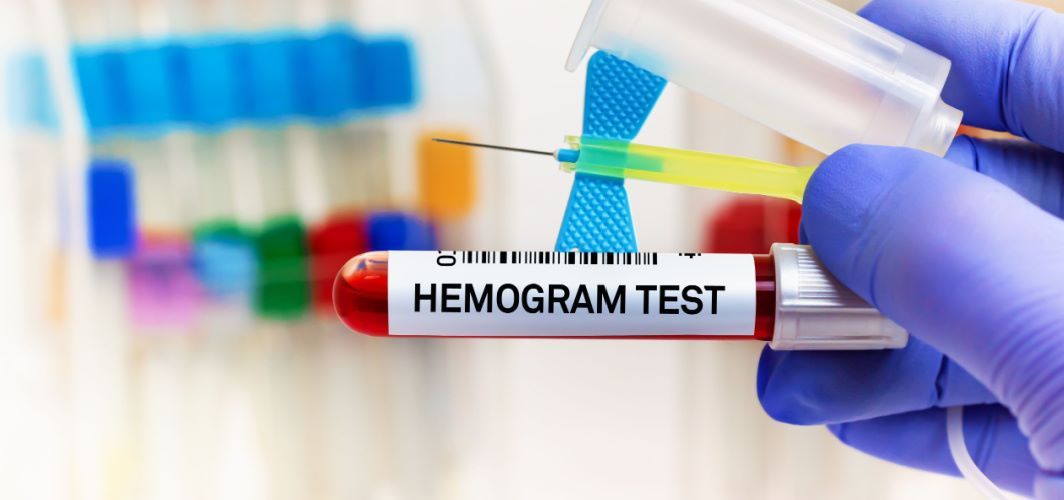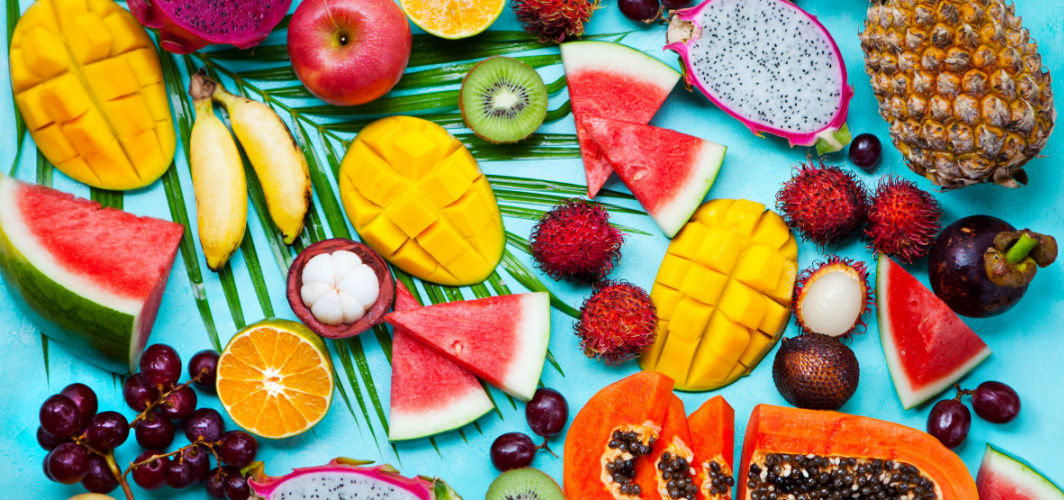General Health
Dengue Diet: What to Eat and Avoid in Dengue Fever?
6 min read
By Apollo 24|7, Published on - 31 October 2022, Updated on - 25 September 2023
Share this article
0
51 likes

Recovering from any disease requires a lot of patience and energy. Our body needs time, rest and the right food to regain its lost strength. Some foodstuffs or eatables aid the process of recovery while others can make it more difficult. If you have dengue fever and are worrying about what to eat and avoid, rest your worries because here we will shed some light on the foods to eat and foods to avoid during dengue fever.
Now before that, we must know that ‘Dengue’ is a mosquito-borne viral disease caused by the dengue virus (DENV). It is the most widespread viral infection that spreads through bites of the infected Aedes species (Aedes aegypti or Aedes albopictus) mosquitoes. Thus, it is a peaking global health challenge. Although there is no specific treatment for dengue fever, eating nutritious food might prove to be an important step in bouncing back into a healthy state. Let us scan through the list of foods to eat and avoid during dengue fever.
Foods To Avoid
1. Dark-Coloured Foods
As a thumb rule, you should avoid dark-coloured foods, especially red and brown coloured foods, and drinks. Chocolate drinks, red or violet-coloured juices and foods like chocolate, may resemble blood by imparting colour to the vomit, stool or urine. It may mislead the doctor by masking one of the important signs of disease progression, i.e. discolouration of urine, vomit, and stool. Therefore, it is better for you to avoid red or brown-coloured foods and drinks.
2. Caffeine
Contrary to the belief that caffeine provides energy to the body, it is not the apt choice to consume caffeinated drinks when you have dengue fever. Your body requires a lot of water when down with dengue and caffeine acts like a diuretic, which excretes water from your body as urine. So, energy drinks, coffee, tea, etc. which contain caffeine should be avoided as they can cause dehydration (loss of fluids) and muscle breakdown.
3. Spicy Foods
You should be leaning towards a soft, bland diet and should avoid spices during dengue fever. Spices in the food that you are consuming stimulate the stomach to produce more acid. This acid may irritate the walls of the stomach and can cause bleeding. Therefore, you should avoid spicy food to ward off the risk of stomach and intestinal bleeding.
4. Fatty Foods
Dengue fever reduces your capacity for digestion. This makes it very difficult for the stomach to digest foods that are rich in fats. So, avoiding fatty foods such as cheese, fatty-meat cuts, butter, deep-fried foods and avocado will be a wise choice to reduce the load on your tummy and spare some energy for you to regain strength.
Foods to Eat and Drink
1. Foods Rich in Vitamin C
Among all the vitamins, your most important one during dengue is vitamin C. This vitamin is known to have anti-viral and anti-oxidative properties. It will also help in strengthening your immunity. As a bonus, it helps in absorbing another helpful nutrient, iron, from the intestines. So, fruits like orange, lemon, papaya, pineapple, etc. and vegetables like green leafy vegetables, should be included in your diet during dengue fever.
One must also know that papaya extract is a good source of digestive enzymes — papain and chymopapain. These enzymes help with digestion, reduce bloating and treat other digestive issues. Juice made from fresh papaya leaves aids in treating dengue by elevating platelet counts.
2. Foods Rich in Iron
The platelet counts tend to dip during dengue fever. Your body needs a lot of iron to keep up the blood haemoglobin levels and produce platelets. Platelets are crucial in the blood clotting process of the body and thus, are necessary to stop the loss of blood, which is very common during dengue. Therefore, eating iron-rich foods like legumes, liver, meat and green leafy vegetables might help in providing iron. This in turn will help in good recovery of platelet counts and overall faster recovery from dengue fever.
3. Foods Rich in Vitamin K
Vitamin K is another important nutrient, which might help in increasing the platelet count. It also helps in blood clotting, which is helpful against dengue fever. So, eating foods that are a natural source of vitamin K, like sprouts, broccoli and green leafy vegetables might be helpful to include in your list of foods to eat during dengue.
4. High-calorie Foods
Your body becomes weak when infected by the dengue virus. Foods like milk, rice, potato, etc. are rich in energy. You should eat these foods in dengue as they provide a lot of calories and energy to the body. These foods will help you regain your lost strength.
5. Fluids
Water is essential for the body, especially when you are recovering from dengue fever. You should ensure that you drink lots of water. You can consume other fluids as well, like coconut water and white rice kanji, as they contain electrolytes (like potassium, calcium, sodium and magnesium). Fluids will help you balance electrolytes and keep you well-hydrated.
Managing the symptoms at hand and strengthening your body and immunity are the steps that you can take to fight dengue fever. Along with your doctor’s treatment, these foods that you must eat and food to avoid during dengue fever will act as your guide to a quick recovery.
Frequently Asked Questions
1. What are the foods to avoid for dengue patients?
It is better for dengue patients to avoid dark-coloured (red and brown) food, high-fat and spicy foods, as well as caffeinated drinks (coffee, energy drinks, tea, etc.).
2. Can we eat meat when we have dengue?
Yes, you can eat meat and liver, which are rich in iron. However, you should avoid the fatty cuts of meat as fat-rich foods that are difficult to digest during dengue.
3. Are energy drinks good for gaining energy during dengue fever?
No, energy drinks contain caffeine and can cause dehydration and muscle breakdown, which are not favourable during dengue fever. Instead, you should drink plenty of water and fluids like coconut water, white rice kanji and fruit juices that will hydrate and balance electrolytes in the body.
4. What fruits should be eaten during dengue fever?
You should eat fruits which are rich in vitamin C, such as citrus fruits like oranges, lemon, pineapples, papaya, etc. as they might be helpful in boosting immunity and absorbing iron, and may also have antiviral properties.
5. Can we drink coffee when we have dengue?
No, coffee contains caffeine and can cause excessive dehydration in the body. However, you can drink milk that contains high calories and will energise your body, which is good for recovery during dengue fever.
To know more about foods to eat and not to eat in dengue, click the below button and consult our best Dieticians.
Medically Reviewed by Dr. Dhanunjay Reddy B
General Health
Consult Top Infectious Disease Physicians
View AllLeave Comment
Recommended for you

General Health
How Much Protein Should You Consume Every Day To Build Muscles?
When it comes to building muscles, protein consumption plays a very important role. But if you are uncertain about how much protein to consume per day to build muscle, read this blog as it will guide you on your muscle-gaining journey.

General Health
When To Get A Complete Hemogram Test?
Learn about hemogram tests and their importance in providing a complete and comprehensive analysis of your bloodwork and blood composition. Understand when to take these tests, the difference between hemogram and other CBC tests and how to interpret hemogram test results.

General Health
5 Healthy Summer Fruits To Beat The Heat
Indian summers can be quite excruciating. It can often get a little challenging to maintain body hydration and energy in the scorching summer heat. Certain fruits can help you deal with such problems and even provide you with some additional benefits.
Subscribe
Sign up for our free Health Library Daily Newsletter
Get doctor-approved health tips, news, and more.
Visual Stories

The Best Exercises for Controlling Blood Sugar Levels
Tap to continue exploring
Recommended for you

General Health
How Much Protein Should You Consume Every Day To Build Muscles?
When it comes to building muscles, protein consumption plays a very important role. But if you are uncertain about how much protein to consume per day to build muscle, read this blog as it will guide you on your muscle-gaining journey.

General Health
When To Get A Complete Hemogram Test?
Learn about hemogram tests and their importance in providing a complete and comprehensive analysis of your bloodwork and blood composition. Understand when to take these tests, the difference between hemogram and other CBC tests and how to interpret hemogram test results.

General Health
5 Healthy Summer Fruits To Beat The Heat
Indian summers can be quite excruciating. It can often get a little challenging to maintain body hydration and energy in the scorching summer heat. Certain fruits can help you deal with such problems and even provide you with some additional benefits.